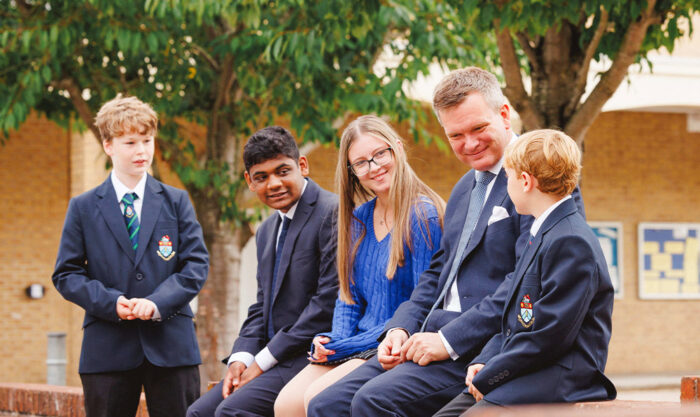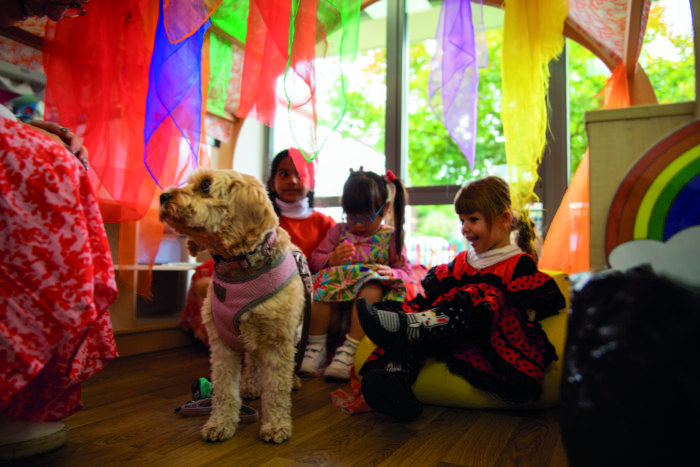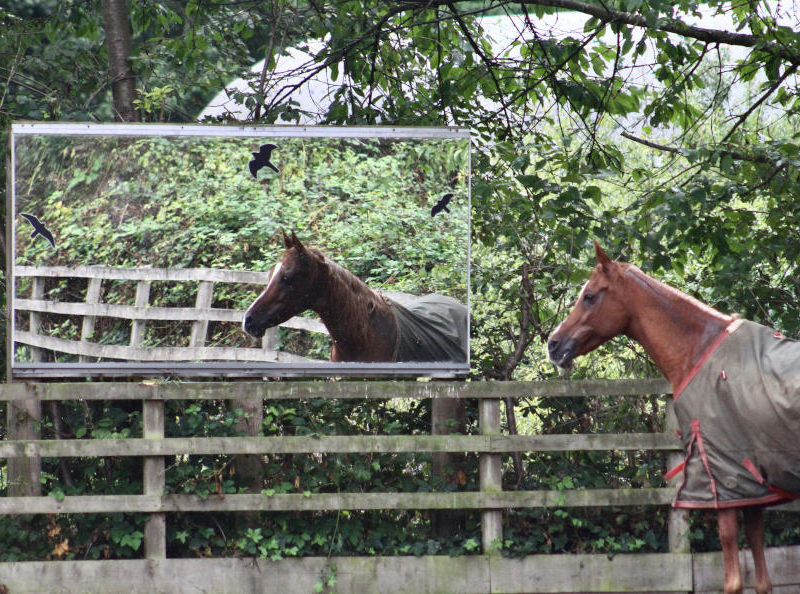
How do schools stack up on pastoral care?
How do schools stack up on pastoral care?
Alicia Drummond, founder of The Wellbeing Hub at Teen Tips, talks about how to spot good pastoral care in schools
As parents and educators, we know, and studies confirm, that children learn more effectively and thrive in education when their emotional needs are met. Snazzy facilities and high-tech teaching aids may look impressive, but they will not make a jot of difference to your child’s wellbeing. As parents, it can be difficult to know how seriously schools take pastoral care because none are going to say they don’t. So, what exactly is pastoral care and what should you look out for when choosing a school?
Simply put pastoral care is all the work a school does to ensure the physical and emotional wellbeing of each, and every pupil. Good pastoral care is not small class sizes or a cosy form teacher. Good pastoral care is not excellent PSHE lessons or firm discipline. Pastoral care is not the same as safeguarding, which is the school’s duty to keep children safe from harm or abuse, and to have robust policies in place to ensure there is a protocol to be followed if things go wrong. Teachers are given lots of training in safeguarding and child welfare but that does not mean they are providing good pastoral care.
Good pastoral care encompasses great PSHE lessons, clear discipline, and robust safeguarding, but it is so much more. Here’s some guidance on what to look out for:
When you are looking around a school, notice how staff and pupils interact with one another. Pay attention to how well staff seem to know their pupils because this lies at the heart of good pastoral care. When staff know their pupils, they spot the signs that something is not quite right and can take early action. When pupils feel understood and safe, they can get on with the business of learning.
It is always worth asking which member of staff is going to be your child’s pastoral base and how does this involvement look? Does their class teacher leave notes in trays for them or are they physically present for the morning check in? If it is their tutor, do they change tutors each year, how often do they meet, and how much one-to-one time is each pupil given? Who can children talk to if they have a problem?
Wellbeing training
As already mentioned, it is compulsory for staff to be given welfare and safeguarding training but do ask what wellbeing training they are given because, surprising as it is, this is not part of their initial teacher training. What you are looking for here is not a reactive approach to mental health which tells staff what to do when a problem has developed, but a proactive approach which gives them the tools to create environments which meet the social and emotional needs of young people.
As you walk around the school, take notice of what is on their walls and noticeboards. Can you see posters referring to school rules and codes of conduct which give pupils clear guidelines as to what behaviour is expected? Are there signs that things like altruism, kindness and community spirit are valued in this environment?
Parental engagement
Ask what opportunities there are for parental engagement because the best environments for children are ones in which home and school are closely aligned. Ask yourself if this school’s ethos sits well with that of your family, because if it doesn’t, you might struggle to work collaboratively which will be unhelpful for your child and especially so if something goes wrong.
Ask how you can contact all the staff who will encounter your child on any given day to let them know there is something going on at home which might have an impact on their mood. Ask if they monitor pupils’ wellbeing using surveys or tracking systems.
If your child is boarding for the first time, they might be homesick – it is ok to ask if staff are trained to help with this and what you can do to help.
If the school runs a House System, are older children encouraged to help the younger ones to settle in? Is there a school peer listening scheme or buddy system? What is the role of prefects and other senior pupils?
Extra Curricular Activities
What extra-curricular activity is offered, and does it fit with your child’s interests? How much importance does the school place on all pupils trying a new activity such as music, art, dance, drama or yoga? When we ask this kind of question, we start to get a sense of what is considered important by a school. Do they value the whole person or just their academic or sporting ability?
And last, but by no means least, it really is important that your child is academically suited to the school you are choosing for them. If they need more than a little light tutoring to get them through the door, beware! No child thrives when they feel like they are constantly failing.
Alicia Drummond is the founder of The Wellbeing Hub from Teen Tips, which takes a proactive approach to mental health and wellbeing.
The Wellbeing Hub delivers online training and a wealth of support resources with new content weekly. It’s live and interactive, available 24/7 for schools and families, to help them to understand and meet the social and emotional needs of children and adolescents, and to help pupils manage their own mental health and wellbeing. The Wellbeing Hub is already positively supporting thousands of young people in schools across the UK.










